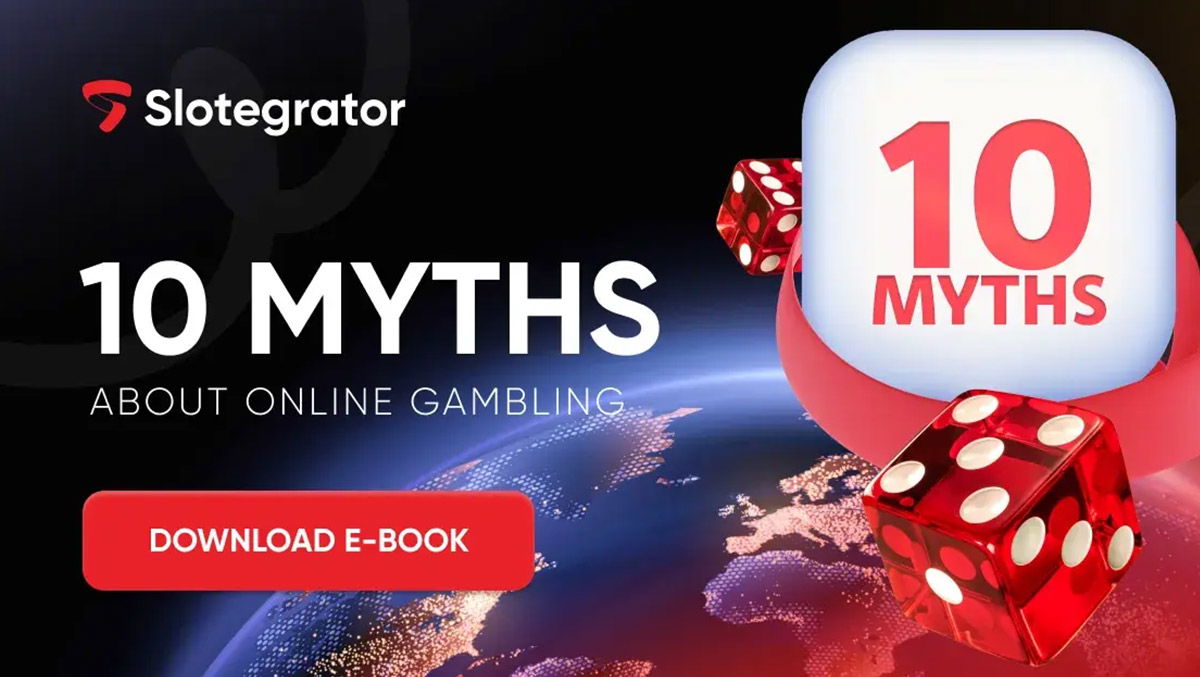Rising interest in election betting drives Kalshi, Polymarket to top Apple’s free app rankings

Two prediction markets, Kalshi and Polymarket, have surged to the top of the Apple App Store’s free app downloads. Kalshi took the number one position, followed by Polymarket, pushing popular apps like ChatGPT, Threads, and even Google down the list. Their top spots in Apple, which boasts close to two million available apps, confirmed the popularity of these two political betting platforms.
Kalshi relaunched its 2024 presidential election betting market on October 2, following a federal court victory in September that allowed it to operate again. Unlike many betting platforms, Kalshi operates under the regulation of the Commodity Futures Trading Commission (CFTC), which distinguishes it from other prediction markets.
Meanwhile, Polymarket, a decentralized peer-to-peer platform based on blockchain technology, focuses primarily on cryptocurrency and operates without U.S.-based bets due to past regulatory challenges with the CFTC, but that hasn't stopped it from seeing a jump in popularity.
“Prediction markets are the future,” said Luana Lopes Lara, cofounder of Kalshi, expressing her enthusiasm on X (formerly Twitter) about the rise of prediction markets in political forecasting.
Political betting has grown significantly in recent years, fueled by the shock outcome of the 2016 election when Donald Trump defied poll predictions to defeat Hillary Clinton. This trend continued into subsequent elections, and despite initial regulatory challenges, prediction markets have gained traction as tools for forecasting election results.
One of the first platforms, PredictIt, initially gained popularity due to a "No-Action Relief" letter from the CFTC, which permitted limited bets on election outcomes for educational and research purposes. However, PredictIt faced setbacks in 2022 when the CFTC rescinded this relief, forcing the platform to wind down U.S. election-related contracts.
This paved the way for other platforms like Kalshi, which obtained a regulated status, and Polymarket, which eventually settled with the CFTC, agreeing to a $1.4 million fine and a cessation of U.S. operations.
Despite regulatory constraints barring U.S.-based customers from participating, Polymarket’s 2024 election contract recorded more than $2.8 billion in wagers, reflecting the high stakes and interest in the election. Meanwhile, Kalshi’s 2024 market generated a handle of under $300 million.
Each platform has its own approach to fees: Polymarket, being blockchain-based, operates without any internal fees, though external intermediaries, such as Coinbase, might apply transaction fees. Kalshi, however, charges both trading and withdrawal fees. The trading fees are calculated through a more complex formula based on the implied probability of each contract’s outcome. According to Kalshi’s fee example, a contract priced at 50 cents for 100 shares would incur a $1.75 fee.

















































